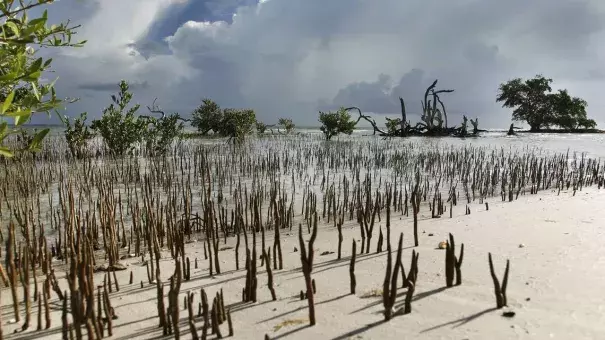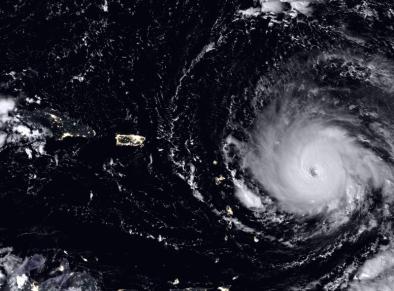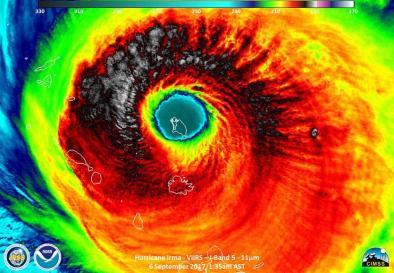NASA team finds massive Everglades mangrove damage from Irma. Can it recover?

Last spring, a team of NASA scientists looking at South Florida's dwindling wetlands flew over the Everglades hoping to use aerial 3D imaging and data from the planet's longest orbiting satellites to plot changes. Then Irma hit.
In a matter of hours, about 40 percent of the mangroves were damaged or flattened.
The massive toll from the storm was not all that surprising. Irma was as wide as the state and slammed the Lower Keys as a Cat 4 before barreling north and making a second landfall near Marco Island as a Cat 3. But what was baffling was how little of the forest, perfectly evolved to endure hurricanes, had recovered when scientists retraced their flight three months later.
...
Those two flights now provide a perfect opportunity for the team to study change, at a dramatic scale. More importantly, the data collected allows them to assess how increasing threats from climate change in the swampy mangroves, which can be impossibly difficult to measure, will factor into forests rebounding from hurricanes. Will areas already battered by saltwater intrusion struggle more? Will there be a cascading effect on neighboring marshes already slammed by decades of flood control?
"They're used to getting hit," [said Lola Fatoyinbo, a forest ecologist and the project's principle investigator at NASA's Goddard Space Flight Center in Maryland]. "But now that they have these other conditions, are they still able to recover?"
Related Content





